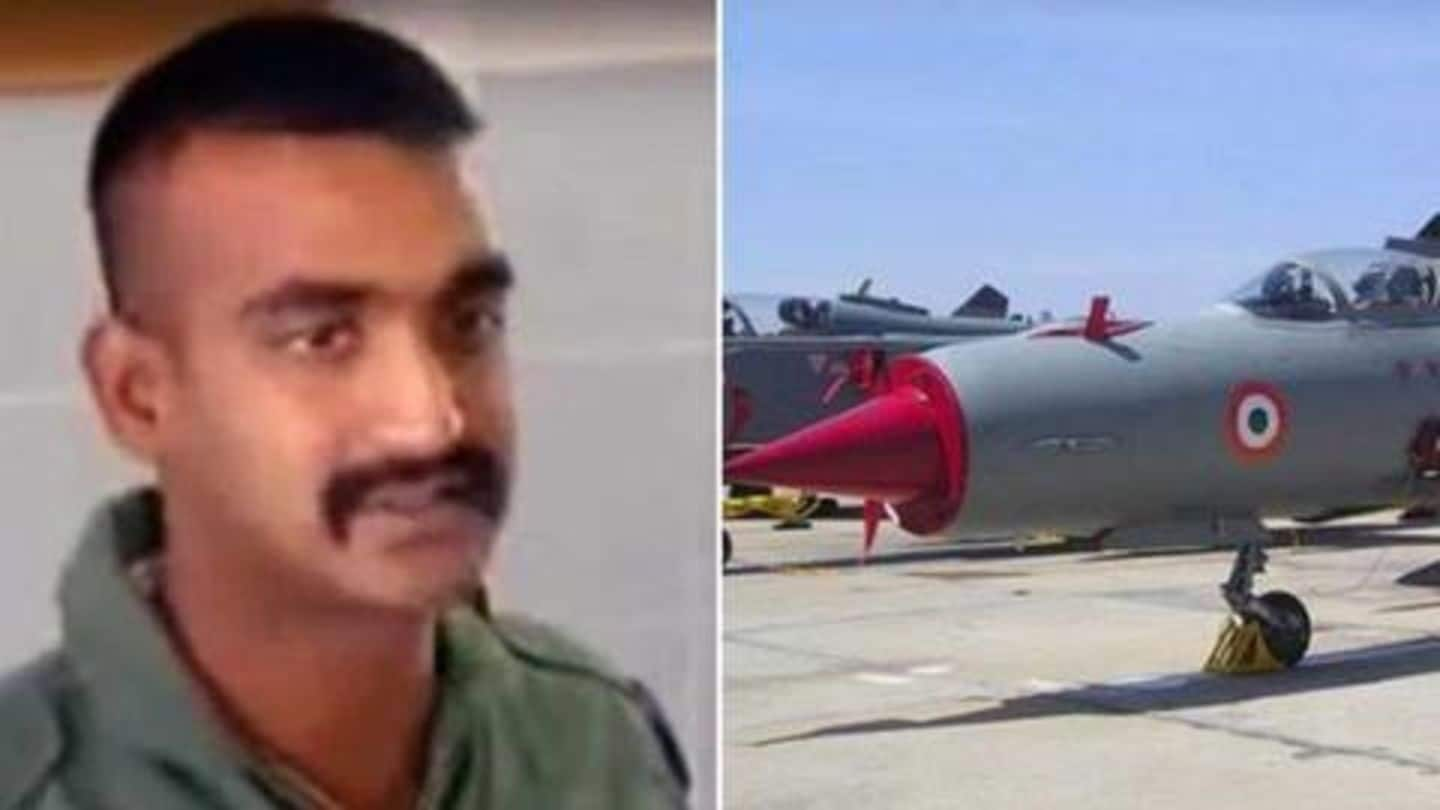
Pakistan offers IAF pilot's return to ease tension; India refuses
What's the story
On Thursday, Pakistan Foreign Minister Shah Mehmood Qureshi said that Islamabad was willing to return captured Indian Air Force (IAF) pilot Wing Commander Abhinandan Varthaman if it eased tensions with India.
However, the Indian government has rejected the offer, saying that it wants an immediate and unconditional repatriation of Varthaman.
Here are the details.
Details
Will only talk if Islamabad takes action against terrorists: India
As reported by news agency PTI, the government has said that there is "no question" of any deal regarding the return of Varthaman.
Apart from seeking the unconditional and immediate return of Varthaman, the government has also said that it will consider talks with Islamabad only if Pakistan takes "immediate, credible and verifiable action against terrorists and their proxies".
Aerial battle
Backstory: Varthaman's plane had been downed during an aerial battle
After the Indian Air Force (IAF) carried out air strikes against a Jaish-e-Mohammed (JeM) camp in Balakot on February 26, Pakistan had retaliated by launching an air offensive aimed at taking out Indian military installations.
However, the 3 Pakistani aircraft that were tasked with carrying out the attack were intercepted by the IAF.
In the battle that ensued, Varthaman's plane was shot down.
Capture
Varthaman showed unimaginable valor before he was finally captured
Unfortunately for the pilot, his plane crashed on the Pakistan side of the border.
However, Varthaman managed to eject in time to save himself, and showed unparalleled valor in the face of terrifying odds.
As reported by Pakistani publication Dawn, the pilot, with a broken back, fought his captors, and destroyed or swallowed important documents, before he was outnumbered and finally captured.
Pakistan
Pakistan had earlier said it would hold Varthaman in custody
Following Varthaman's capture, Pakistan released photos and videos of the injured pilot - a move that India called "vulgar".
While India has demanded his immediate safe return, Pakistan had earlier said that Varthaman would be held under the 1949 Geneva Convention - a set of protocols governing humanitarian treatment of POWs during times of war.
Quote
A relevant excerpt from the Geneva Convention
"Their (POWs) detention is not a form of punishment but only aims to prevent further participation in the conflict. They must be released and repatriated without delay after the end of hostilities. The detaining power may prosecute them for possible war crimes, but not for acts of violence that are lawful under International Humanitarian Law," the convention states.